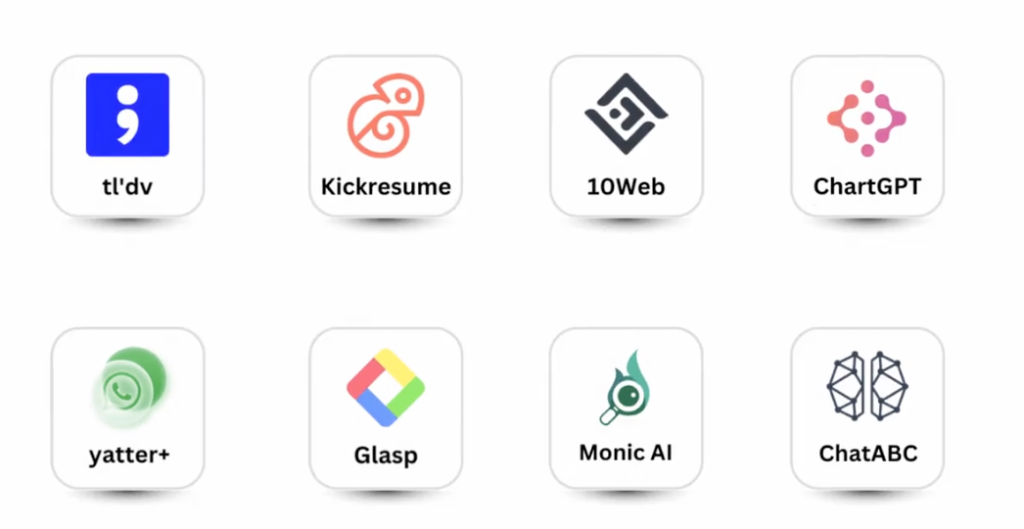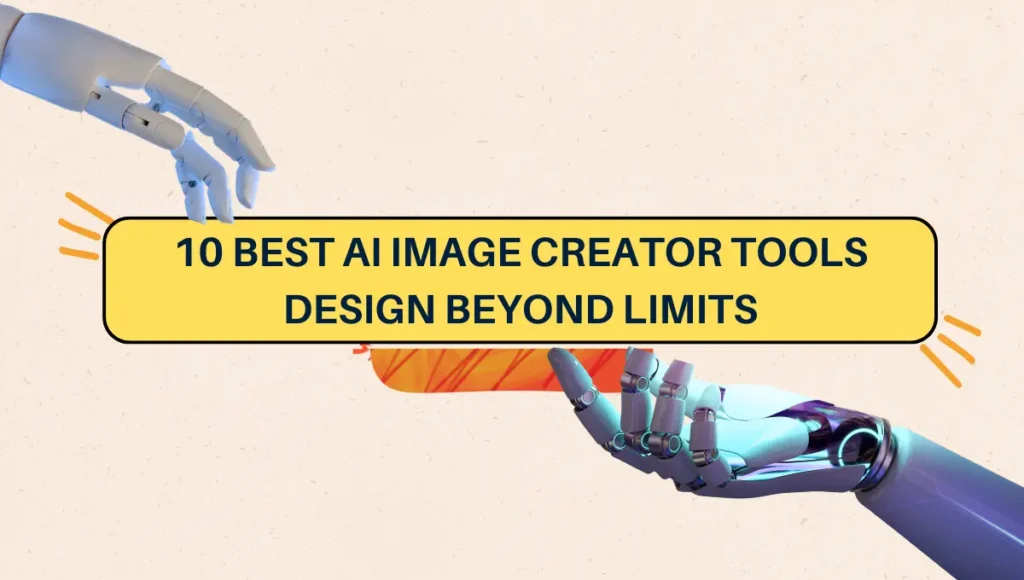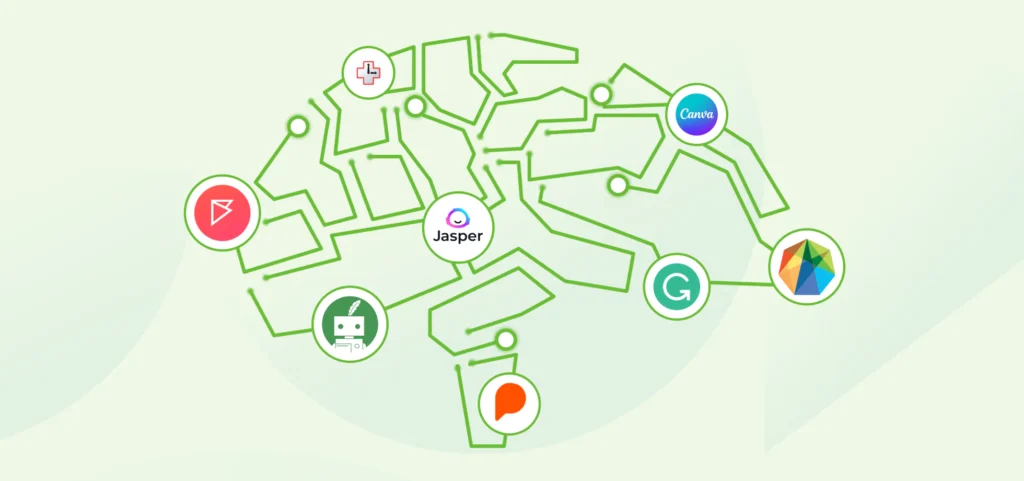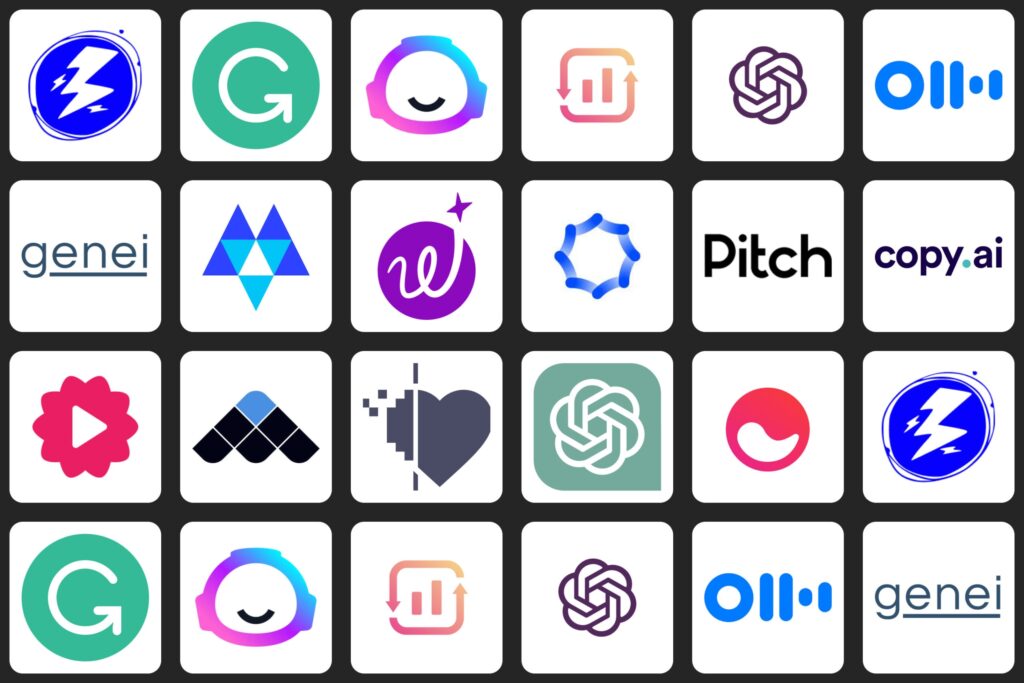Picture yourself with a toolbox filled with magical tools. These tools are special because they use a super-smart technology called artificial intelligence (AI) that do amazing things.
In this article, we will take an adventure together to learn all about the incredible world of the best AI Tools. We will discover what they are, how they work, and even explore the top 10 tools that everyone is talking about. Get ready for an exciting journey into a world of innovation and discovery that is changing the way we do things.
So, hold on tight as we explore this fascinating realm of AI and uncover its secrets!
AI tools are like superheroes that help businesses and people in many ways. They can automate tasks, make smart decisions, and even understand human language.
Just like a superhero with special powers, these AI tools have their own unique abilities. Some can look at pictures and recognize what’s in them, while others can understand what we say and talk back to us.
They can also help us find the best movies to watch or even predict what we might like in the future. Isn’t that amazing?
By using AI tools, businesses can work more efficiently and provide better services. For example, a chatbot can help customers with their questions and problems, saving time and making customers happy.
AI tools can also help doctors analyze medical images and detect diseases early, leading to better treatments. These tools are like friendly companions that make our lives easier and help us accomplish more.
So, let’s dive into the world of the best AI Tools and see how they can make a difference in our lives!
What Are AI Tools?

AI tools, also known as artificial intelligence tools, are software applications that leverage advanced algorithms and machine learning techniques to perform tasks with human-like intelligence and efficiency. Here are ten easy-to-understand points about AI tools:
1. Mimicking Human Intelligence: AI tools are designed to replicate human intelligence by analyzing data, recognizing patterns, and making decisions or predictions.
2. Automation: AI tools automate repetitive or mundane tasks, saving time and reducing human effort. For example, they can automatically sort and categorize emails or generate reports.
3. Natural Language Processing (NLP): AI tools equipped with NLP can understand and process human language, allowing for tasks like voice commands, chatbots, and language translation.
4. Image and Video Analysis: Some AI tools can analyze images and videos, recognizing objects, people, or even emotions. This enables applications like facial recognition, content moderation, and image search.
5. Personalization: AI tools can adapt and personalize their outputs based on user behavior, preferences, and historical data. They provide customized recommendations, content, or experiences.
6. Predictive Analytics: AI tools analyze historical data to make predictions about future outcomes or trends. They are used in various fields, such as finance, healthcare, and marketing, to forecast demand, identify risks, or optimize operations.
7. Virtual Assistants: AI-powered virtual assistants, like Siri or Alexa, can perform tasks and answer questions through voice commands. They provide convenience by scheduling appointments, providing weather updates, or playing music.
8. Recommendation Systems: AI tools use algorithms to analyze user behavior and preferences to provide personalized recommendations. Examples include movie recommendations on streaming platforms or product suggestions on e-commerce websites.
9. Fraud Detection: AI tools can detect patterns and anomalies in large datasets to identify fraudulent activities. They help financial institutions, online platforms, and cybersecurity systems prevent and combat fraud.
10. Autonomous Vehicles: AI tools play a crucial role in self-driving cars by processing sensor data, analyzing the surroundings, and making real-time decisions to navigate safely and efficiently.
These points provide a basic understanding of AI tools and their diverse applications. Keep in mind that the field of AI is constantly evolving, and new tools and advancements continue to shape our interactions with technology.
Now, Let’s explore the Top 10 Best AI Tools For You To Use
1. Google Assistant
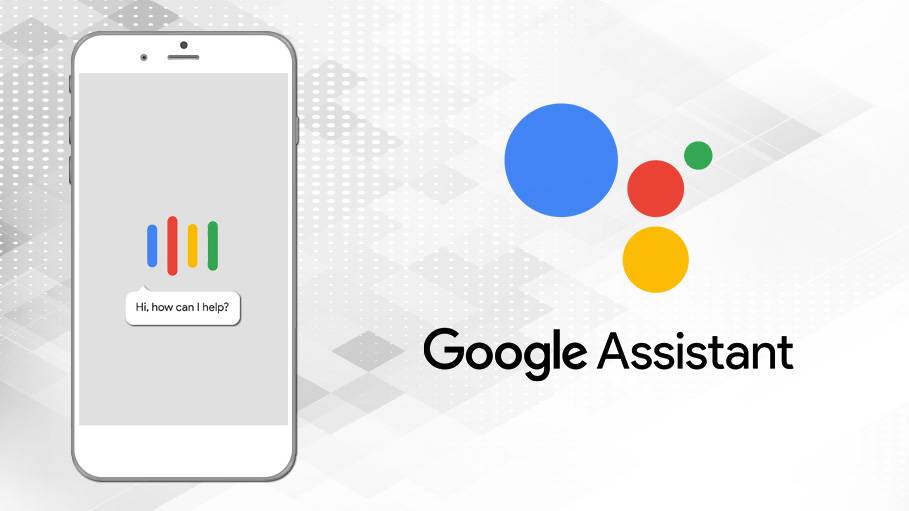
A Google virtual assistant that responds to your voice commands and performs various tasks like setting reminders, answering questions, and controlling smart devices in your home.
Google virtual assistant Features:
– Voice-activated interaction for hands-free convenience.
– Integration with popular apps and services.
– Personalized recommendations and reminders.
– Natural language understanding for conversational interactions.
2. IBM Watson
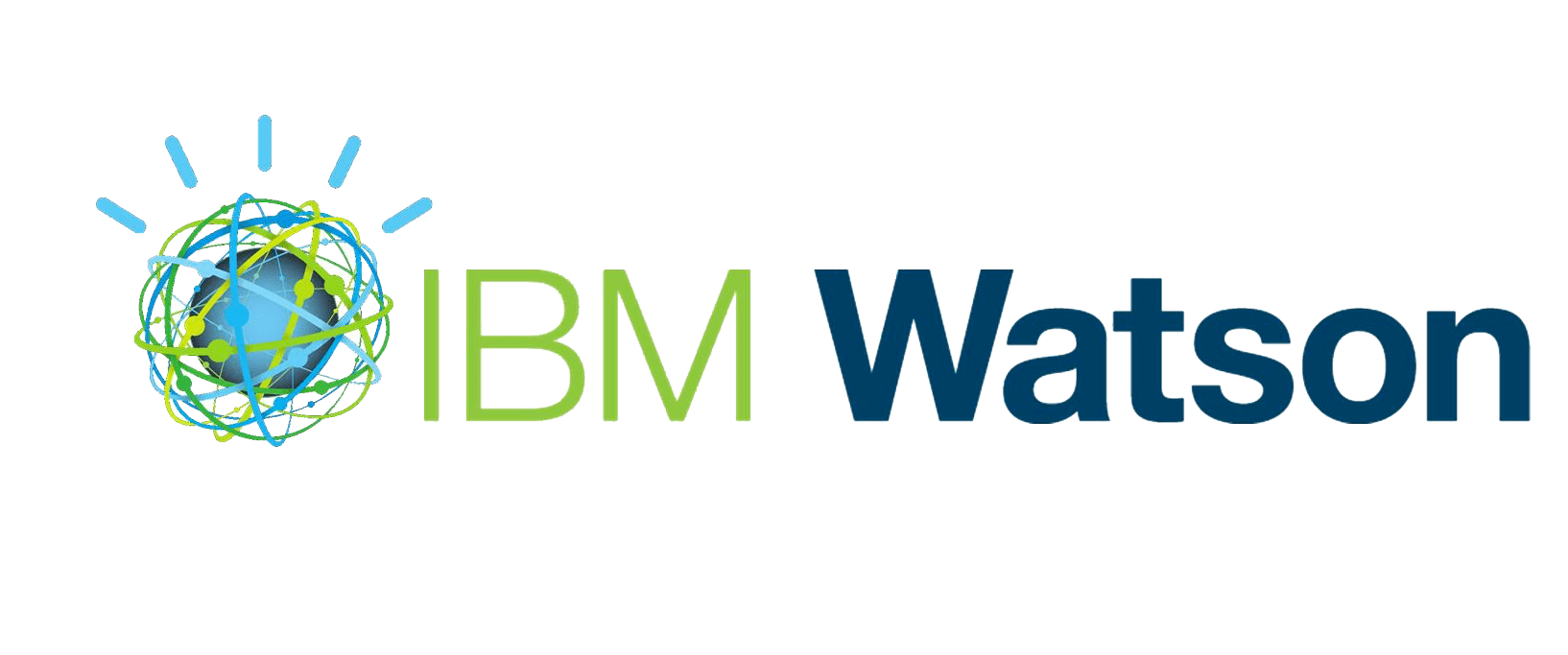
An AI-powered platform that offers a range of tools and services for businesses to analyze data, build chatbots, and develop intelligent applications.
IBM Watson Features:
– Natural language processing to understand and analyze text data.
– Machine learning capabilities for predictive analytics.
– Visual recognition for image and video analysis.
– Chatbot development tools for creating interactive customer experiences.
3. TensorFlow
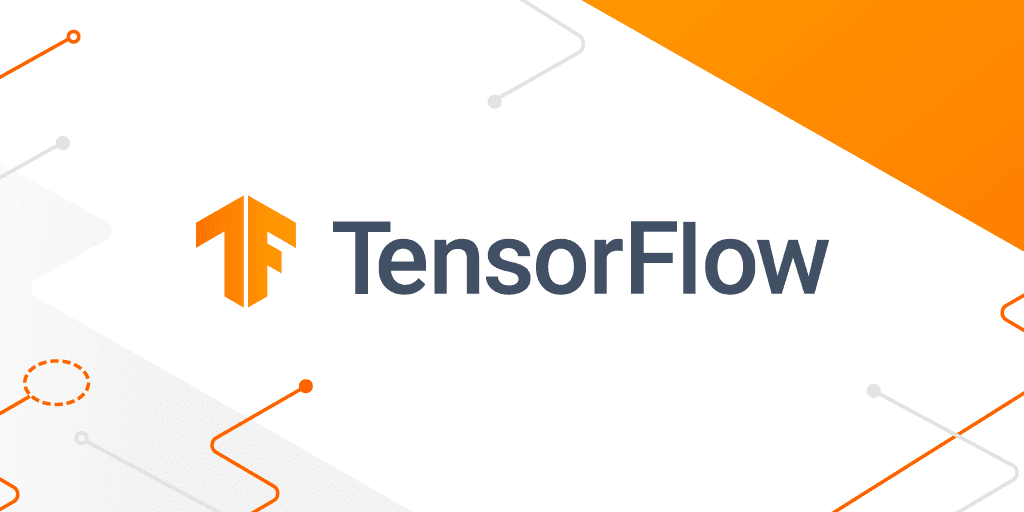
An open-source library widely used for machine learning and deep learning applications, allowing developers to build and train AI models.
TensorFlow Features:
– Flexible architecture for creating and training neural networks.
– Broad range of pre-built models and APIs for easy implementation.
– Scalable across different platforms and devices.
– Extensive community support and resources for learning.
4. Microsoft Azure Cognitive Services
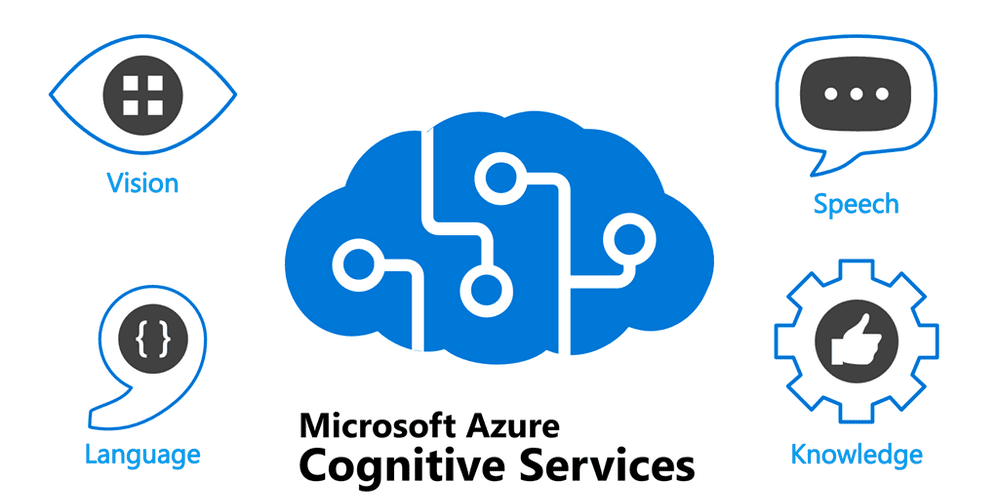
A collection of AI services that enable developers to add intelligent features to their applications, such as speech recognition, computer vision, and language understanding.
Microsoft Azure Cognitive Services Features:
– Speech-to-text and text-to-speech capabilities for voice interactions.
– Image recognition and analysis for object detection and tagging.
– Sentiment analysis to understand emotions in text.
– Language translation and comprehension for multilingual applications.
5. Chatfuel
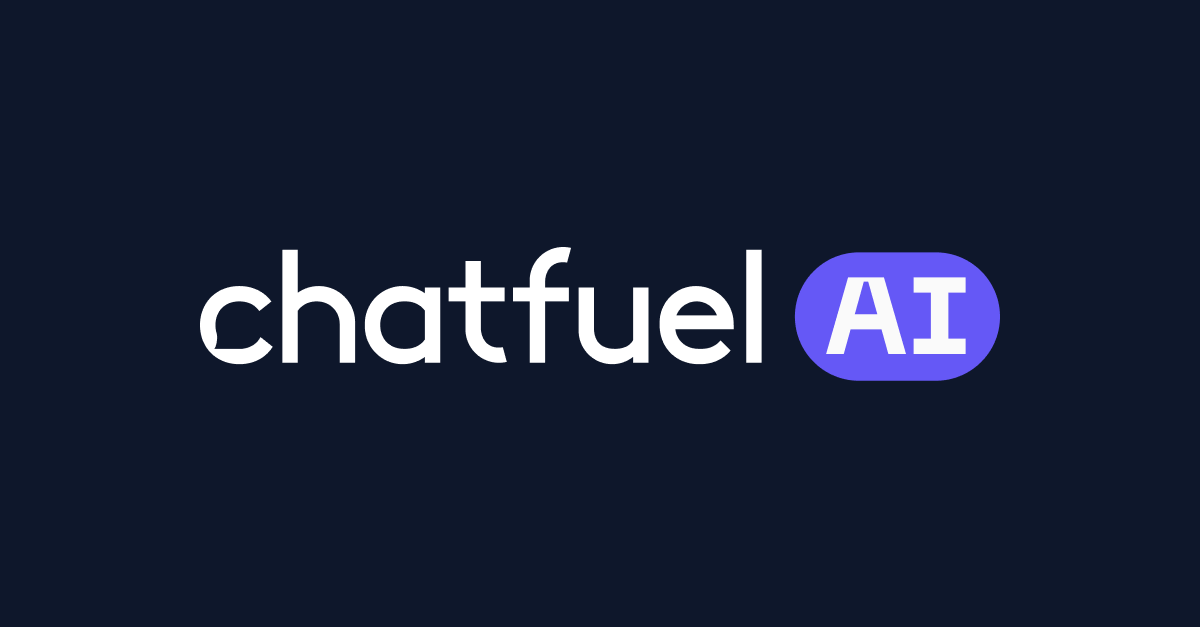
A chatbot development platform that allows you to create AI-powered chatbots for Facebook Messenger and websites without coding.
Chatfuel Features:
– Visual interface for designing conversational flows.
– Natural language understanding to interpret user queries.
– Integration with external services for data retrieval and actions.
– Analytics and reporting to track bot performance.
6. OpenAI GPT-3
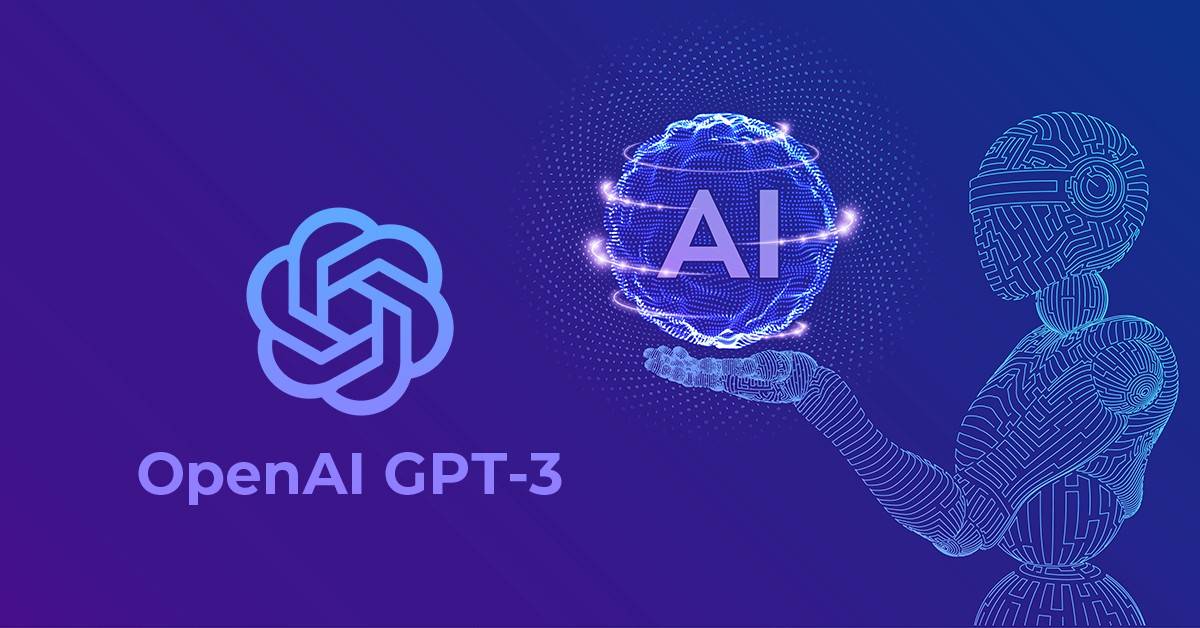
A language model that generates human-like text, capable of answering questions, writing essays, creating conversational agents, and more.
OpenAI GPT-3 Features:
– Natural language generation for writing coherent and context-aware text.
– Language translation and summarization capabilities.
– Conversational AI for interactive dialogue systems.
– Contextual understanding to provide relevant responses.
7. Salesforce Einstein

AI capabilities integrated into Salesforce’s customer relationship management (CRM) platform to provide insights, predictions, and automation.
Salesforce Einstein Features:
– Lead scoring and opportunity insights for sales teams.
– Chatbots for customer support and service.
– Automated email responses and recommendations.
– Predictive forecasting to anticipate business outcomes.
8. Amazon Rekognition

A cloud-based AI service that analyzes images and videos to detect objects, faces, scenes, and perform other visual recognition tasks.
Amazon Rekognition Features:
– Facial analysis for emotion detection and face comparison.
– Object and scene detection for content categorization.
– Text extraction from images and videos.
– Content moderation to identify inappropriate or unsafe content.
9. H2O.ai

An open-source AI platform that enables data scientists and developers to build and deploy machine learning models at scale.
H2O.ai Features:
– Automated machine learning for faster model development.
– Model interpretability to understand how predictions are made.
– Distributed computing for handling large datasets.
– Model deployment and monitoring for real-time applications.
10. IBM Watson Studio
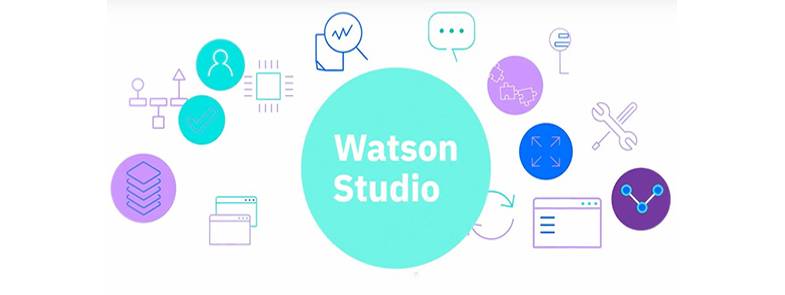
A collaborative environment for data scientists and AI developers to build, train, and deploy machine learning models.
IBM Watson Studio Features:
– Drag-and-drop interface for building data pipelines.
– Integrated Jupyter Notebooks for coding and experimentation.
– AutoAI for automating model selection and hyperparameter tuning.
– Model deployment options, including cloud and on-premises.
The best AI tools offer a range of features to enhance productivity, automate tasks, and gain valuable insights from data. Choose the ones that align with your needs and explore the possibilities they offer!
How Do AI Tools Work?

1. Data Collection: The best AI tools collect and gather large amounts of data from various sources, such as text, images, or videos.
2. Data Preprocessing: The collected data is cleaned and organized to remove errors, inconsistencies, or irrelevant information. This step ensures that the data is in a usable format for analysis.
3. Training Data: The best AI tools need a set of training data to learn patterns and make predictions. This data is carefully labeled or categorized to provide examples for the tool to learn from.
4. Machine Learning Algorithms: The best AI tools use machine learning algorithms, which are sets of rules and mathematical models, to analyze the training data and extract meaningful patterns or features.
5. Pattern Recognition: The machine learning algorithms analyze the data and identify patterns or relationships between different variables. These patterns serve as the basis for making predictions or decisions.
6. Model Training: The best AI tools train models using the labeled training data and the patterns they’ve identified. The models learn to generalize from the training data and make accurate predictions on new, unseen data.
7. Feedback Loop: During the training process, the best AI tools receive feedback on the accuracy of their predictions. This feedback helps them adjust and improve their models over time.
8. Prediction or Decision Making: Once the models are trained, the best AI tools can make predictions or decisions based on new, unseen data. For example, they can predict customer preferences or recommend the best course of action.
9. Continuous Learning: The best AI tools can learn and improve over time by incorporating new data and feedback. This enables them to adapt to changing circumstances and enhance their performance.
10. Iterative Process: Developing the best AI tools is an iterative process where developers continually refine the models, algorithms, and data to improve accuracy and efficiency.
By following these steps, the best AI tools can analyze complex data, learn from it, and make intelligent predictions or decisions. It’s important to note that different AI tools may use variations of these steps depending on their specific applications and techniques.
Pros and Cons of Using the Best AI Tools
Pros of Using the Best AI Tools:

Cons of Using the Best AI Tools:

Final Thoughts on Using the Best AI Tools
Using the best AI tools can make your life easier and more efficient. These tools are like smart helpers that can understand your voice, analyze data, and do tasks for you. They can answer your questions, organize information, and even make predictions.
By using the best AI tools, you can save time and effort in everyday tasks. They can remind you of important things, help you find information quickly, and even assist you in making decisions. The best AI tools are designed to understand and adapt to your needs, providing personalized recommendations and suggestions.
Remember, the best AI tools are constantly improving and evolving. It’s important to keep exploring and trying new tools that can benefit you. Whether it’s a virtual assistant, a chatbot, or a data analysis tool, the best AI tools are here to assist you and make your life more convenient.
So go ahead, give them a try and see how they can simplify your daily routines. Embrace the power of the best AI tools and discover a world of possibilities at your fingertips!
AI tools are software applications that use advanced algorithms and machine learning techniques to perform tasks with human-like intelligence. They can analyze data, make predictions, automate processes, and provide valuable insights. AI tools can benefit you by saving time, increasing efficiency, and providing personalized assistance. They can automate repetitive tasks, help you make informed decisions, and offer tailored recommendations based on your preferences and needs. Many AI tools are designed with user-friendliness in mind, offering intuitive interfaces and guided experiences. While some tools may require a learning curve, there are also user-friendly options available that can be used by individuals with varying levels of technical expertise.FAQs
What are AI tools?
How can AI tools benefit me?
Are AI tools difficult to use?
